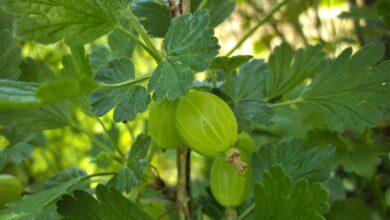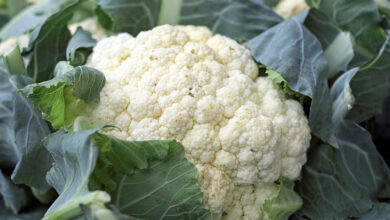Nectarines: Health Benefits And Side Effects

Nectarine is the fruit of peach trees, and it was not bred by artificial selection, but created by nature itself. Unlike peaches, nectarines have a smooth skin.
It is believed that nectarines preserve not only health, but also beauty. Is it so? What other useful qualities does a sweet fruit have? Let’s figure it out.
How and when nectarines appeared in the diet
In Europe, they learned about them back in the Middle Ages thanks to sailors who brought both the fruits themselves and their seeds for breeding. In America, this fruit appeared about 2000 years ago.
China is considered the birthplace of nectarines, and this name was given after comparing it with nectar – the drink of the gods.
Nectarines appeared from a natural mutation in which nature participated, without human intervention. Even now, as a result of cross-pollination, nectarines can be found on peach trees and vice versa. Over time, gardeners learned to grow nectarines without waiting for nature to work again.
The Composition And Calorie Content Of Nectarines
Nectarines contain a large amount of vitamin A, C, iron, potassium, phosphorus, magnesium, calcium, vitamins B, D, E. These elements have a positive effect on human immunity and digestive processes. The composition of fruits includes natural sugars – sucrose, fructose, glucose. In addition, nectarines have pectin compounds that prevent the development of harmful organisms.
These fruits have a relatively low calorie content, which allows them to be added to the diet of losing weight.
| Calories per 100 g | 50 kcal |
| Squirrels | 1.07 g |
| Fats | 0.31 g |
| Carbohydrates | 8.86 g |
The Benefits Of Nectarines
Nectarines cleanse the body of toxins, normalize the work of the heart, gastrointestinal tract, and increase immunity.
Eating even one fruit a day will nourish the body with vitamins and energize.
The Side Effects Of Nectarines
People with food allergies and diabetes should avoid using the product. Otherwise, everyone can use it, but it is worth giving preference to a fresh product, rather than a product canned with sugar.
Despite the fact that nectarines may contain sweet seeds, it should be borne in mind that their kernels contain hydrocyanic acid, which is considered a strong poison. Therefore, it is not recommended to eat them.
The Use Of Nectarines In Medicine
There are no separate diets with nectarines, but they are recommended to be added to the diet in order to diversify it. Fruits are rich in fibre, so they can be recommended to people suffering from constipation. With increased acidity of the stomach, it is advised to drink freshly squeezed nectarine juice 15 minutes before meals.
In addition, this fruit is useful for anemia, as it positively affects the level of haemoglobin in the blood.




